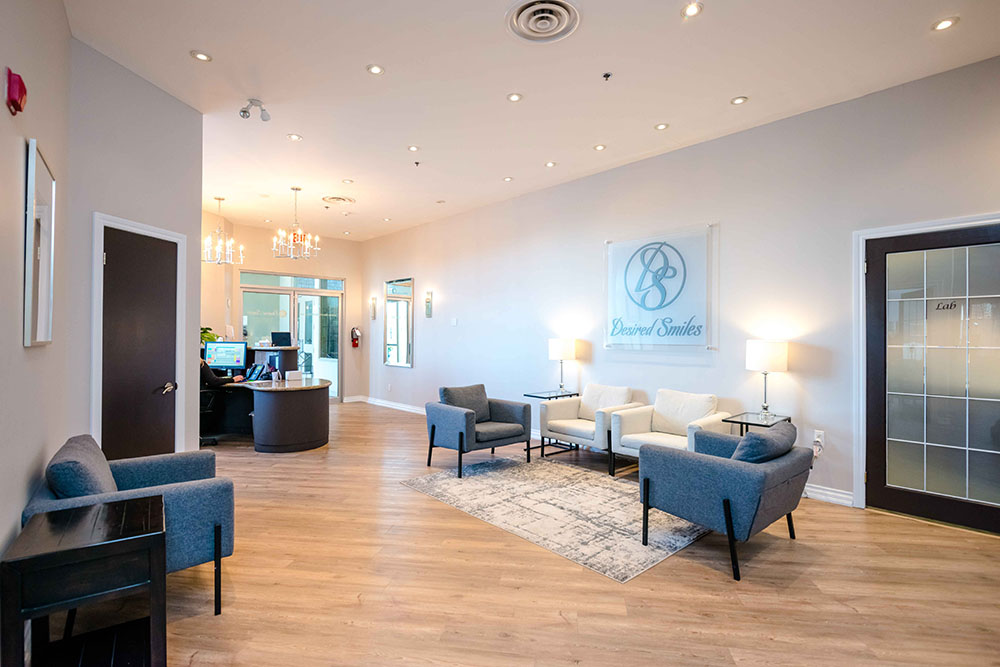Snoring, sleep apnea and strokes: Good news with latest treatments
Snoring disrupts more than just sleep. It can be an indication of a bigger problem: sleep apnea, which can lead to stroke. But if you or your partner snores, there is hope; effective treatments are available to help reduce snoring, improve sleep – and keep strokes at bay.
To understand how snoring can be linked to stroke, you need to understand what causes snoring in the first place. Basically, snoring occurs when the muscles and soft tissue in the throat relax, reducing the size of the airway. As the airway gets smaller, the speed of the air flowing through it increases, which causes the soft tissues to vibrate; the sound of that vibration is snoring.
In more extreme cases, the airway ends up being completely blocked by soft tissues and the tongue. If that blockage lasts more than ten seconds, obstructive sleep apnea (OSA) can develop. Sleep apnea is dangerous. Not only does it severely impact your quality of sleep, every time to struggle to take a breath, your blood pressure increases. Any blockages in your arteries can block blood flow to your brain, causing a stroke. (If you think you have OSA, speak to your doctor or dentist about visiting a sleep disorder clinic or seeing a sleep specialist.)
Dentists can create a custom-fitted device that fits in your mouth to keep your airway open and prevent snoring and reduce the risk of OSA. We have made a number of appliances for our patients that push the jaw forward slightly to prevent the tongue from falling back and obstructing your airway. Many of our patients (and their more rested partners) have reported tremendous success with the device.
A number of other factors also need to be taken into consideration when treating snoring, however. Excess weight, heavy alcohol consumption and the use of sedatives can all contribute to relaxed muscles and tissue; losing weight, drinking moderately (or not at all), and avoiding sedatives can also help reduce the problem. Sometimes surgery may be needed to remove tonsils or adenoids and clear airways.
If you’re concerned that you or your partner may be experiencing sleep apnea, don’t ignore the problem. Treat it the same way as you would any serious illness, and you could end up avoiding some pretty major medical issues. Start by talking to your dentist about a custom-fitted anti-snoring device; many sleep disorder clinics actually partner with dentists who prescribe them. And make sure you seek out the advice of a sleep specialist to find out if there are other treatments available that could benefit you – and keep you healthier in the long term.



 Our Burlington Family Dental
Our Burlington Family Dental
